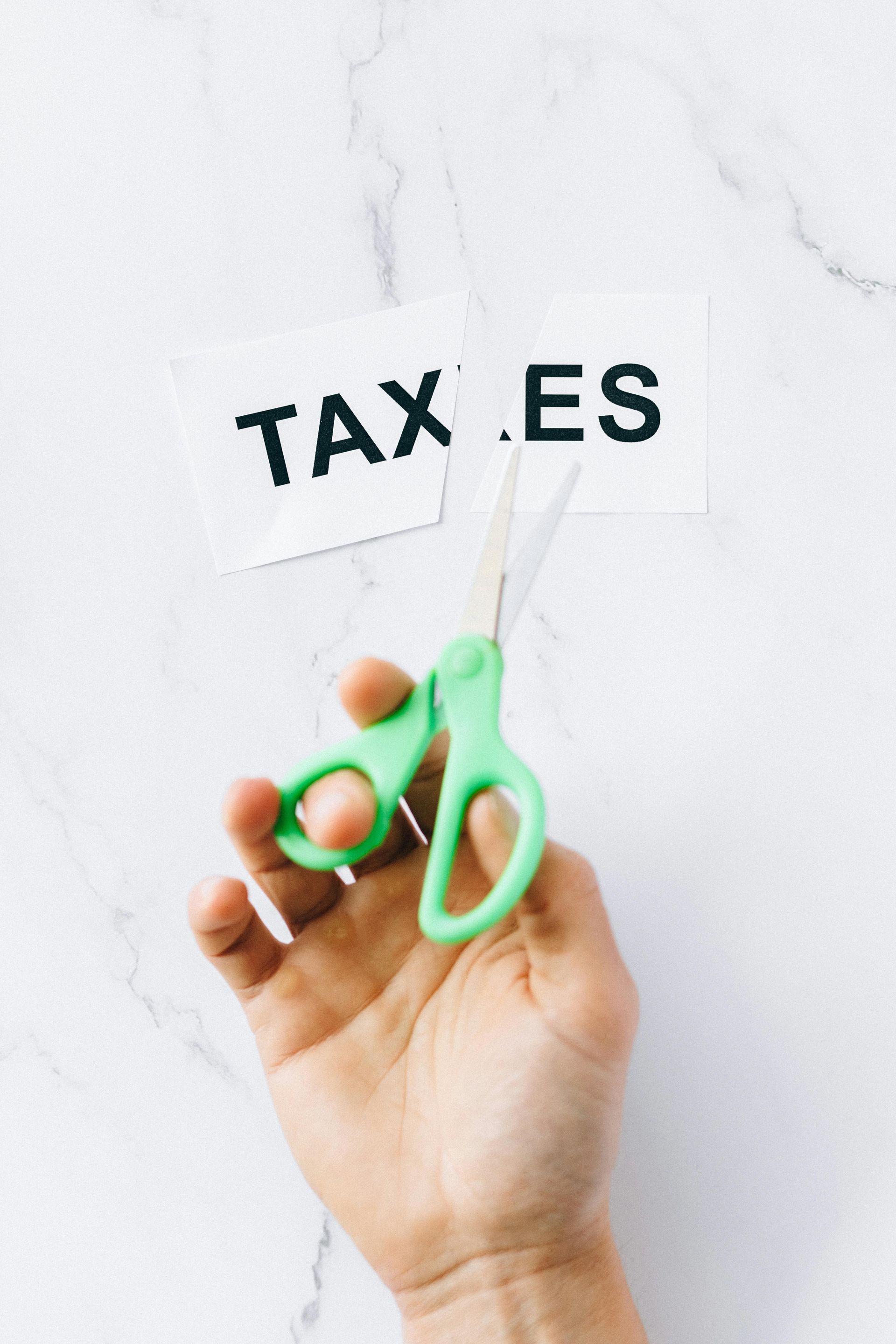by Sean Rustrick
•
25 March 2025
Selling goods online can bring in a great income, but you must be aware of the VAT rules! If you run an e-commerce business, you usually sell your goods through an online marketplace. It is the online marketplace that is ultimately responsible for any unpaid VAT relating to sellers on the platform. An online marketplace is a business platform like a website or app that is facilitating the sale of goods. It must have set terms and conditions for supplying goods, it must authorise customer payments and must be involved in the ordering/delivery of goods. Overseas sellers may also be involved and so there may be UK VAT implications. For VAT purposes, an overseas seller will have an overseas e-commerce business, but not a business establishment in the UK and make taxable sales of goods to UK customers. On the other hand, a UK-based e-commerce business will have decision-making and central administration in the UK and a permanent presence with resources for taxable sales. When an overseas seller trades and sells goods in the UK via an online marketplace, the online marketplace must be VAT registered and the overseas seller is responsible for paying import VAT and customs duties. If the customer is VAT registered, the sale is made by the overseas seller and not the online marketplace. The overseas seller must register for UK VAT and charge UK VAT on the first sale (the mandatory VAT registration threshold does not apply). If the UK customer is not VAT registered, the sale is made through the online marketplace, therefore it is responsible for charging VAT (the overseas seller is treated as making a zero-rated supply). However, if the goods are stored outside the UK and the value of the sale is less than £135, the online marketplace charges supply VAT. If it is over £135, import VAT is paid by the customer at the UK border. There are rules that must be followed if you are a UK seller conducting business on an online marketplace depending on where the customer is based. For UK-based customers, UK VAT will apply only if the VAT registration threshold is exceeded. For EU-based customers, goods exported to the EU are sero-rated. BUt, local VAT and customs duties may apply. Sales under €150 can be simplified using the ‘Import One Stop Shop’. If you think you will be affected by anything you have read today, give us a call on 01622 738165 and we can give you a helping hand or clarify anything for you.










